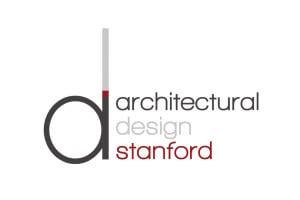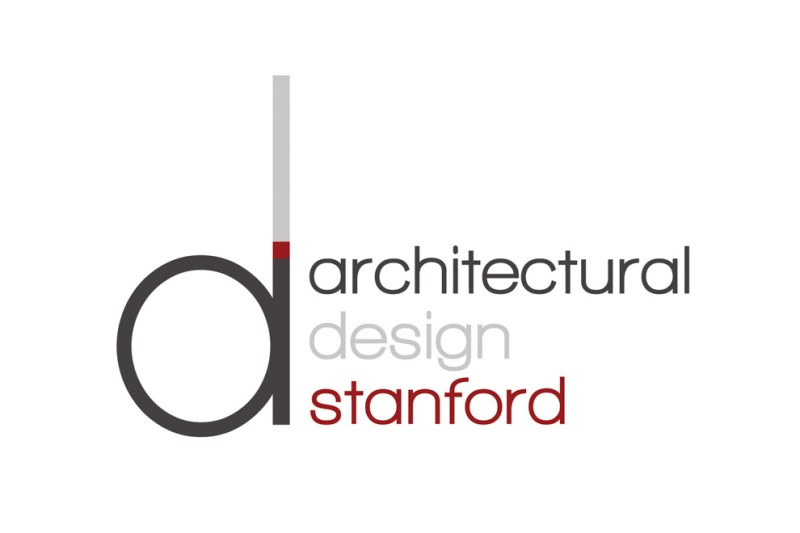
With almost all of our graduate programs ranked in the top five nationally, Stanford seems to have an incredible repertoire of graduate curricula. However, one program is glaringly missing: a graduate school for architectural design. While many elite schools like Harvard and Yale have had graduate programs in architectural design for over 50 years, it’s crazy to think that we never had such a program.
We once did. At some point in the 1970s, when we realized that our program was not competing with other programs in the country, Stanford shut it down.
Four decades later, a new graduate program for architectural design is set to launch the fall of 2017. This time Stanford will not try to compare itself to other programs, but rather set a new precedent for education in the field of architecture.
Enter John Barton, the director of the undergraduate Architectural Design program. Barton has been at the helm of architectural education at Stanford for seven years now. Not only has he been teaching and structuring the undergraduate experience during his career here, but he’s also been thinking bigger.
Born out of his (and his colleagues’) abandoned idea for a new Stanford program centered around sustainable urban systems in New York City, the new architectural design school will take a broader approach to architectural design.
The program will be “trans-disciplinary in the sense that it transcends disciplines,” stated John Barton. Students and teachers, alike, will represent a range of designers: from architectural designers, to industrial designers, to urban planners, to engineers. As a wide-ranging, diverse group, the members of this new graduate program will defy the norms of the architectural education system.
Barton explained that at Stanford, students won’t just be going home for the weekend, with the task of building five models for the following Monday. Instead, they will go home with the task of actually learning something by Monday. While students at longstanding graduate programs will be at their desks working independently on their own projects, Stanford students will always be working in groups, addressing global and local issues as a united force.
The program is looking at bucking the educational system in another fundamental way. Although they are not opposed to accreditation, Barton and his colleagues will not be actively seeking approval from the National Architectural Accreditation Board, and they are fully willing to launch an unaccredited program. Graduates will still be able to sit for the licensure exam in California, but they will not be able to do so in many other states.
This may seem like a radical, perhaps foolish choice, but, to Barton, it is less of a decision and more of a statement.
“We are not opposed,” says Barton about accreditation, “but if we are trying to build something that is responsive to the 21st century, why would we use a 20th century system to determine its shape?”
Although still very much in its conceptual stage, this new program is already making headway on campus. Barton has had preliminary talks with the campus architect about building a space at the corner of Via Ortega and Panama Street. The building will house undergraduates and graduates, and will have room for studio spaces, conference rooms, laser cutters, 3-D printers and more.
As the details get put in place over the course of the next two years, the forward-thinking concept behind the new graduate program will remain:
“We need to change the way cities are built, managed and designed,” says Barton, “and in order to do that we need to change the professions. And in order to do that, we need to change the educational system.”
Contact Mary Carole Overholt at mco95 “at” stanford.edu
